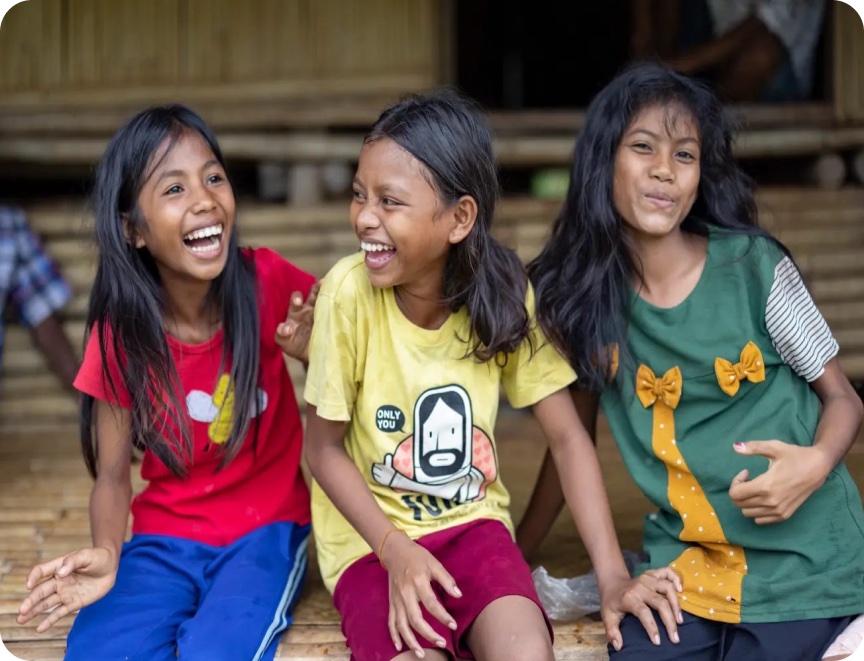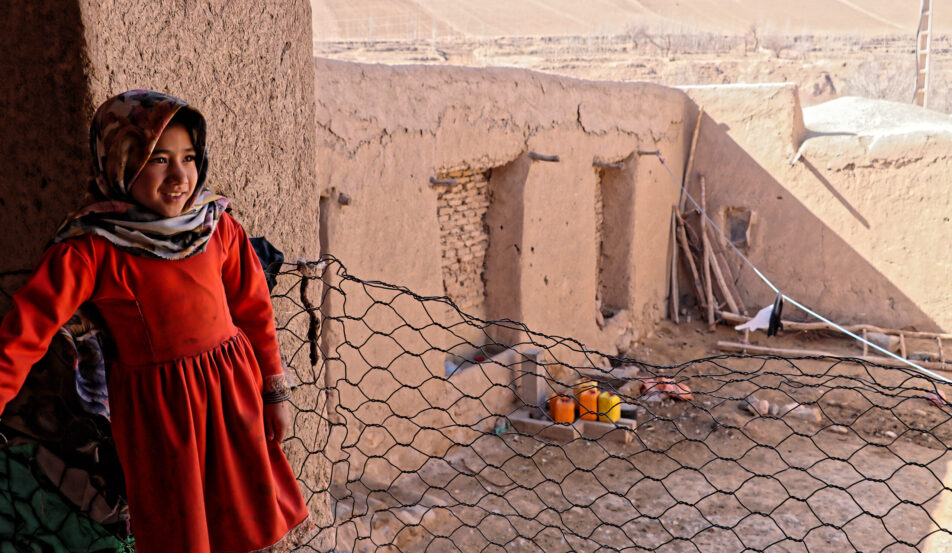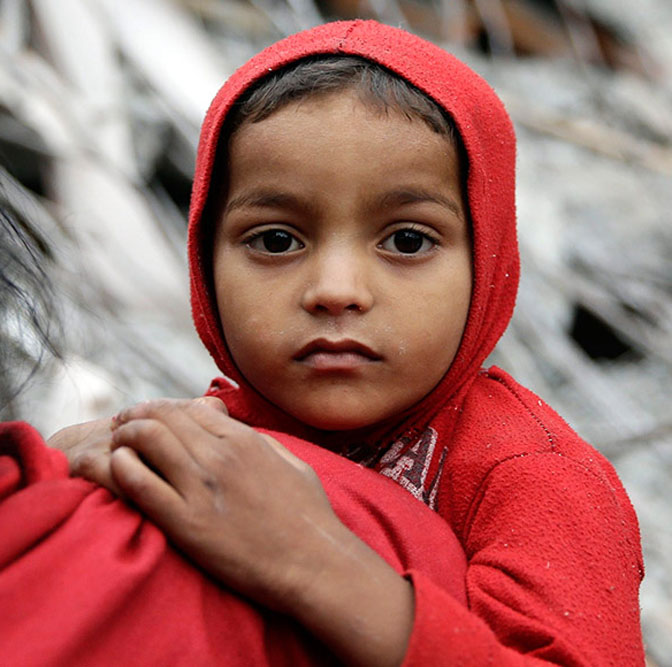As the world moves to fight the unprecedented COVID-19
pandemic, thousands of children in Africa are going hungry as a locust plague destroys
crops.
Swarms of desert locusts have been wreaking havoc on tens of
thousands of hectares of farmland and pastures in Kenya, since arriving from
Somalia and Ethiopia in December 2019.
It is the largest locust invasion in Kenya in 25 years.
Farming families have been left devastated, struggling to feed their children
and earn a living.
Five-year-old Mary, who lives in a disadvantaged community in Samburu County, says she is hungry “most of the time” because of the plague.
Since the locust invasion the lunchtime meals served at her school are no longer enough to keep her full throughout the day. Teachers and school co-ordinators have been forced to reduce the size of lunches because of fears of further food shortages as a result of the swarms of locusts destroying farmland.
Goat’s milk, a highly nutritious drink for children, has also become scarce in schools, increasing the risk of young students like Mary becoming malnourished.
At home, Mary’s situation is no better. Her parents rely on the sale of aloe vera plants to feed their five children and ensure they can go to school.
But the locust plague in recent months has destroyed their aloe vera crops, says Mary’s father Paul.
“With aloe vera we would be able to make US$1 daily and use it to buy some food for the children, but now we have nothing,” Paul says. “Life is really tough.”





































